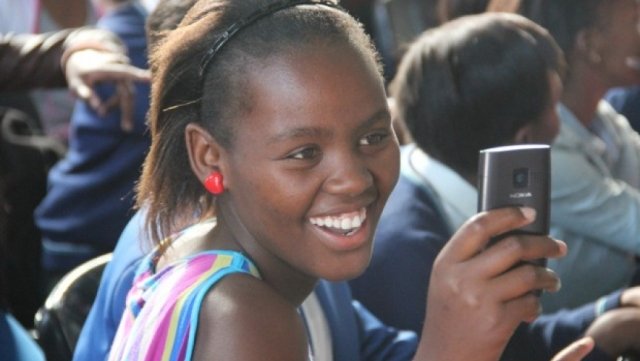
The telecom network operators on Thursday told the Supreme Court that the decision of TRAI to impose penalty on call drops was a “populist” measure.
Indian telecoms said it is to accommodate telecom consumers as same (call drop) were happening due to a host of external considerations not attributable to them.
“Object is to penalise me and earn revenues. This is populism,” senior counsel Kapil Sibal, appearing for the Cellular Operators Association of India (COAI), told the apex court bench of Justice Kurian Joseph and Justice Rohinton Fali Nariman.
Two telecom industry bodies — Cellular Operators Association of India (COAI) and the Association of Unified Service Provider of India — have challenged TRAI’s October 16, 2015 notification obligating the service providers to compensate the mobile consumer for the three dropped calls paying Rs one for each of the call a day.
The call drop penalty was to come in force from January 1, 2016.
Telecom industry bodies have challenged the February 29, 2016, Delhi High Court order upholding the TRAI decision to penalise the telecom companies for call drops.
Assailing the October 16, 2015, notification, Kapil Sibal said that under the terms and conditions of licence there is provision of 2 percent call drops and it is only when the call drop exceeds 2 percent ceiling that operators attract penalties.
He said that as of date, it is the admitted position of TRAI that none of the telecom service provider have breached the cap of 2 percent of call drops and none of them have been penalised on this count.
As Kapil Sibal reiterated this position in the course of his arguments that stretched through the day, the court asked 12 telecom operators, who are before the court challenging the call drop notification, to individually file affidavits stating that that they have not crossed the limit of 2 percent of call drops as provided in the terms of condition of licence and they have never been penalised on this account.
Telling the court that there was no nexus between the call drop penalty and the objective of achieving the quality and efficient telecom services, Kapil Sibal said the regulation is based on presumption that all calls should get through.
“You can’t have presumption in law to impose penalty (based) on the presumption that every call drop is attributable to me”, Kapil Sibal said, pointing to host of factors contributing to call drops which were beyond the control of the service providers.
He said that service providers could be saddled with call drop penalty if he breaches some regulations and not otherwise.
“If there is a regulation that enjoins upon me to do certain things, which if I don’t do and results in call drop, then only I am liable. Unless you fault me, my network, I am not liable to pay,” Kapil Sibal said pointing out that the blame for every call drop could not be put at my door-steps.
The court was told that the call drop could take place on account of Electromagnatic Radiation which are the lowest in the world and more efficient, paucity of air-waves (spectrum), large number of service providers, a large based of consumers, high rise buildings, damage to underground optical fibre lines due to digging by government agencies, inadequate towers or absence of them, poor quality of the consumer’s handset, and several other imponderables on which service providers have no control.
Making comparison with other countries who have a large availability of air-waves (spectrum), a fewer competitors, sufficient infrastructure and lesser density of consumer base, Sibal said that telecom service providers in India were operating in strained situations.
The hearing will continue on Tuesday.
The Delhi High Court on February 29 upheld the order of the TRAI making it mandatory for cellular operators to compensate subscribers for call drops.
The High Court had said that the telecom operators would have to compensate subscribers for first three call drops.
The high court order had come as it dismissed the plea of telecom operators for a stay on TRAI’s compensation policy, announced on October 16, 2015, for call drops under which a rupee will be credited to the mobile users’ account for every call drop (restricted to three per day) starting January 1, 2016.
IANS
